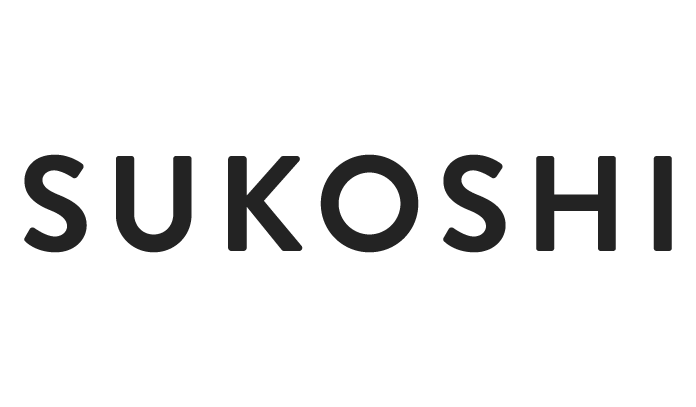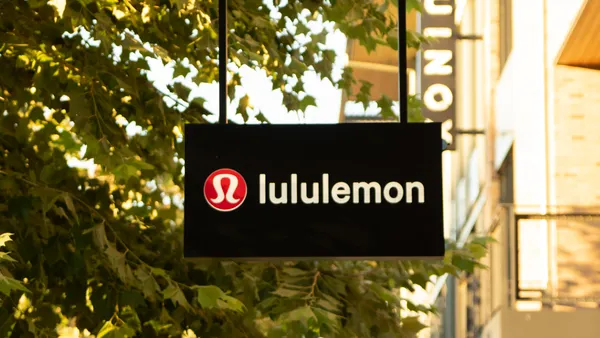Dive Brief:
- PetSmart has hired investment bank Houlihan Lokey to advise on its debt load, according to a Reuters report this week that cited unnamed sources familiar with the matter. Spokespeople for the company could not immediately be reached for comment.
- According to Reuters, PetSmart is working with the bank to find ways to lower its $8 billion in debt, mostly a holdover from the retailer's $8.7 billion leveraged buyout — the largest ever — by private equity firm BC Partners in 2017, as well as the acquisition last year of e-tailer Chewy for $3.35 billion (another record breaker, this one for an e-commerce acquisition).
- Moody's in May downgraded PetSmart's corporate family credit rating to distressed levels. Analysts cited disappointing performance of the company's core brick-and-mortar business as well as earnings losses at Chewy. Reuters noted that PetSmart does not have any maturities due until 2022. In hiring advisers and exploring its options on debt, PetSmart "hopes to take advantage of the decline in the value of its bonds to trim its debt burden," Reuters reported.
Dive Insight:
PetSmart has time, but it also has a ton of debt. And the company's bold acquisition of Chewy to expand into the digital world and complement its physical footprint hasn't yet paid off.
Chewy's losses are on par for a growing e-tailer but a problem for PetSmart given its high debt load, as Moody's analysts pointed out in a May press release about the downgrade. Mickey Chadha, Moody's lead retail analyst, said in the release that his team expected earnings losses at Chewy for the next 12 months, which they see as typical for "high growth pure play online retailers." The analysts also expressed uncertainty that PetSmart can "change the negative sales and margin trends in its brick-and-mortar operations" and reduce its "unsustainably high leverage," especially given a competitive pet category.
Competition in the pet space could get even fiercer as Amazon expands offerings. In May, the e-commerce giant launched Wag, a private label pet food exclusively available to Prime members. Spencer Millerberg, founder of One Click Retail, which predicted the move, noted to Retail Dive at the time that Amazon's pet product sales in 2017 grew 40% to $2 billion. S&P Global analysts, in issuing a downgrade last fall, also noted then that PetSmart faces competition from mass merchants and supermarkets.
Analysts with Moody's see PetSmart's many customer services as an advantage and still consider the Chewy acquisition a smart move. But they note that expected "synergies" from the acquisition in advertising, vendor costs and overhead "have so far not been enough to offset the eroding profitability of the company." They also noted in May that the retailer is owned by a private equity firm, "which gives rise to event risk surrounding shareholder-friendly financial policies."
As the pet retailer tries to fashion a way forward, it has brought in new top executives to lead each division. In May, former Academy Sports + Outdoors exec J.K. Symancyk joined as PetSmart's CEO, replacing Michael Massey, who announced his resignation last year. In March, Sumit Singh, who joined Chewy last year from Amazon, stepped in to lead Chewy after the e-tailer's co-founder and CEO Ryan Cohen stepped down.
As seen in the fall of Toys R Us and other highly leveraged retailers, a heavy debt load can hobble a retailer while the competition invests to keep up with a quickly changing retail world. PetSmart has time, and could buy more by tinkering with its debt, but ultimately what the company needs is profits to pay that debt down.














